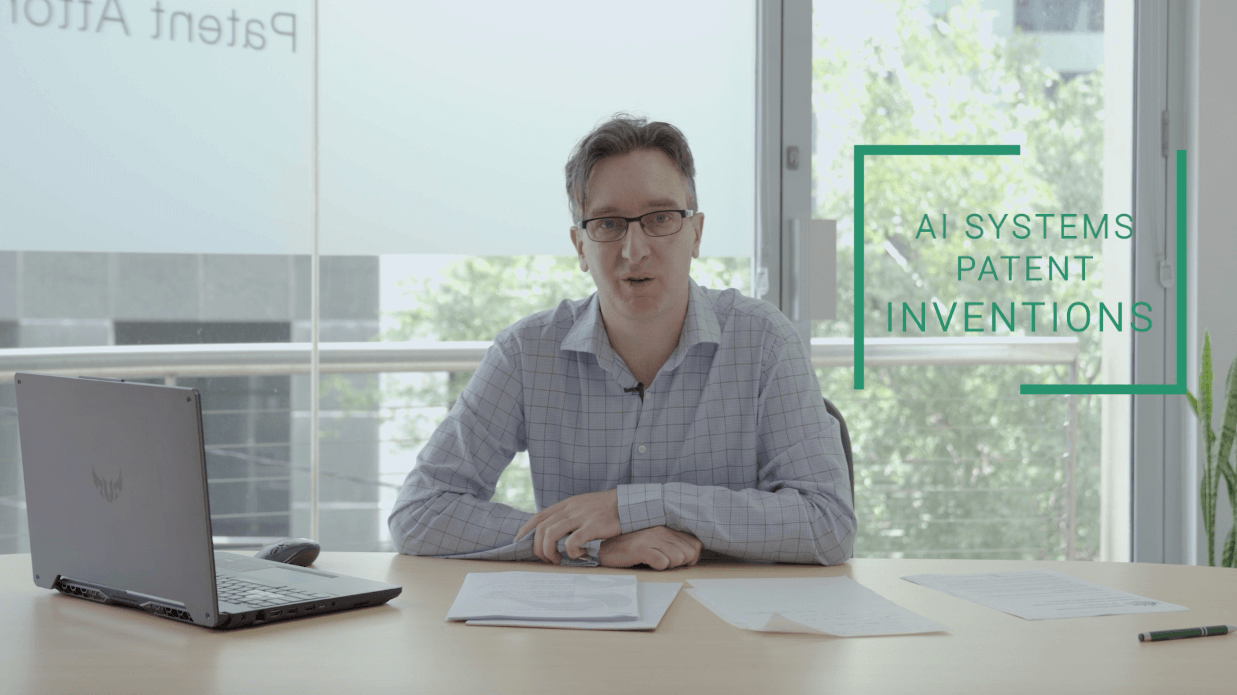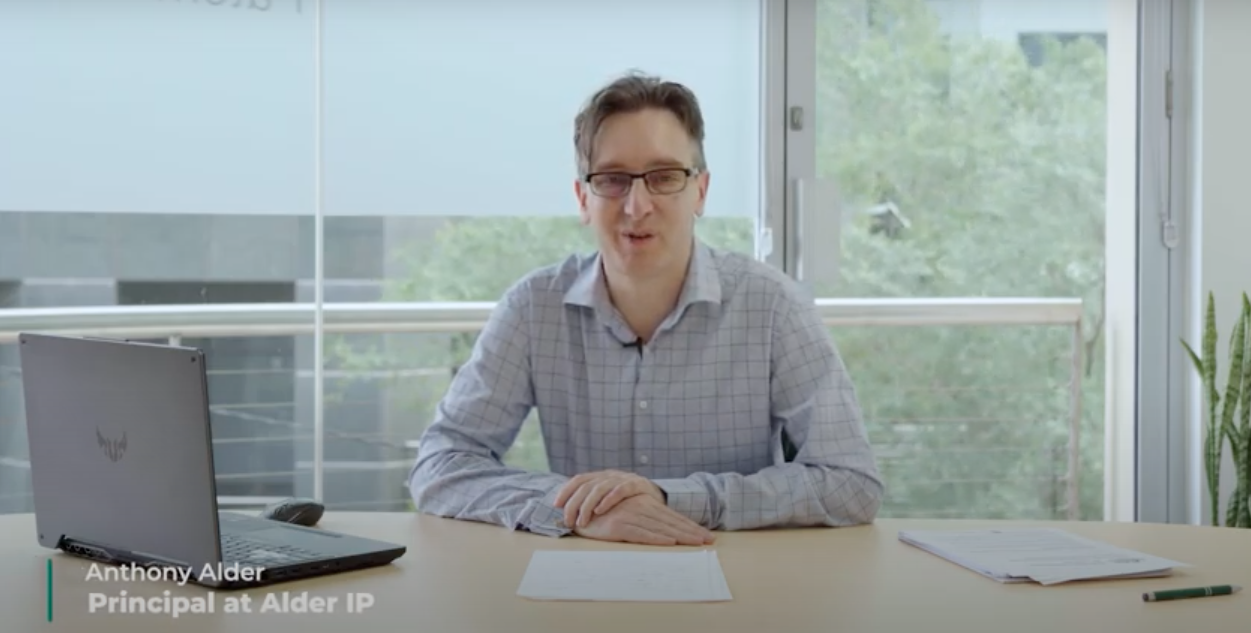
Copyright infringement is a serious problem. Businesses looking to operate professionally and avoid potentially costly lawsuits must take care not to infringe other parties’ copyrights.
But what are the consequences if copyright infringement does occur? As with many legal questions, the answer is “it depends”; in this case, mostly on the nature of the infringement.
What constitutes copyright infringement?
Copyright infringement occurs when copyrighted material is used in certain ways without the permission of the owner. The purpose of copyright law is to give the owner of the material certain rights around its use, most principally the right to copy and reproduce that work for whatever reason. If one party copies a substantial part of material owned by another without the copyright holder’s permission, that will often constitute an infringement. However, what constitutes ‘substantial’ is something that’s determined by courts if legal proceedings are launched, so it’s not always clear in the initial instance whether an infringement has occurred.

There is another manner in which the use of copyrighted material without the owner’s permission may not be an infringement, and that’s in the case of fair dealing. In Australia, fair dealing is a legal defence against copyright infringement claims that’s designed to balance the public interest in using materials with the rights of the material’s owners. The situations where something may be a case of fair dealing is when the material has been used for:
- Research or study.
- Criticism or review.
- Parody or satire.
- Reporting news.
- Provision of professional advice.
- Providing access for persons with a disability.
Copyright infringement is a tricky area to navigate because there are often plausible defences to be made against claims of infringement. For this reason, playing it safe can often be a wise business choice. Even if you believe your use is an instance of fair dealing, or the part of the material you’ve copied isn’t substantial, defending that in court can be a costly and time-consuming endeavour.
What are the consequences for copyright infringement?
The consequences for infringing another party’s copyright depends on the scale and nature of the infringement.
Civil proceedings
The law gives you the right to protect your intellectual property, but the state will not do it for you. You have the right as a copyright owner, however, to pursue legal proceedings against those who have infringed on your copyright. These proceedings need to take place within six years of the date the infringement occurred.
Courts have the ability to grant interlocutory relief – orders made by the court while the case is being heard – as well as final orders. Interlocutory relief is usually designed to either gather more evidence for the case while it’s being heard, or protecting the copyright holder from further damages in the time before a judgement is made.
Final orders can involve a number of consequences, including:
- Damages – a financial payment to the copyright holder to compensate them for the unauthorised use of their works.
- Account of profits – payment of any profits the infringing party made using the copyrighted material to the rights holder.
- An injunction – a court order that stops the infringing party from using the copyrighted material further.
Criminal proceedings
Copyright infringements typically become criminal offences only when there’s a commercial element in play. This could be a party copying another’s work on a commercial scale and reselling it, possessing a device that’s used to make copies of a work or importing an infringing article for the purposes of trade.
Do you have copyright issues you need expert legal advice on? Contact a member of the team at Alder IP today.


